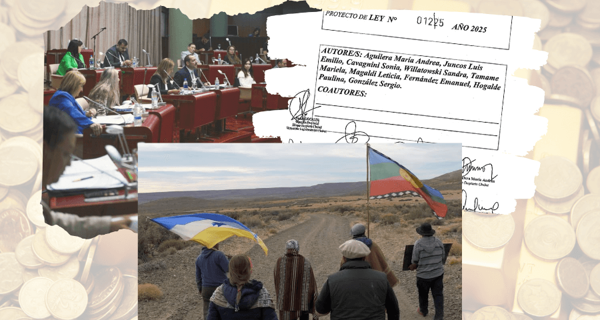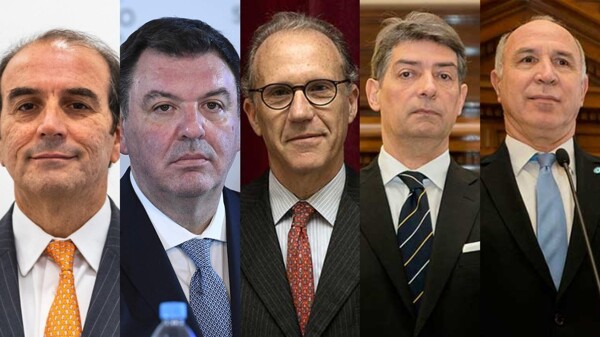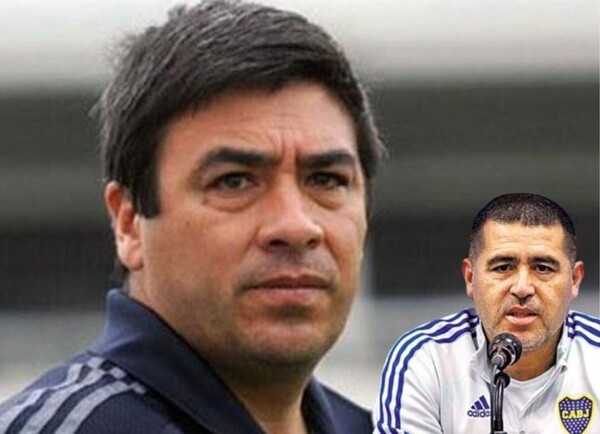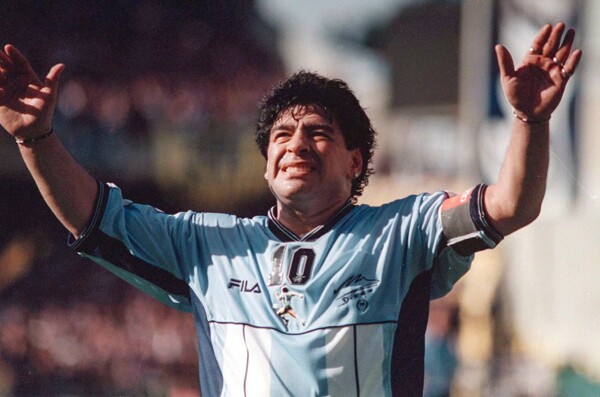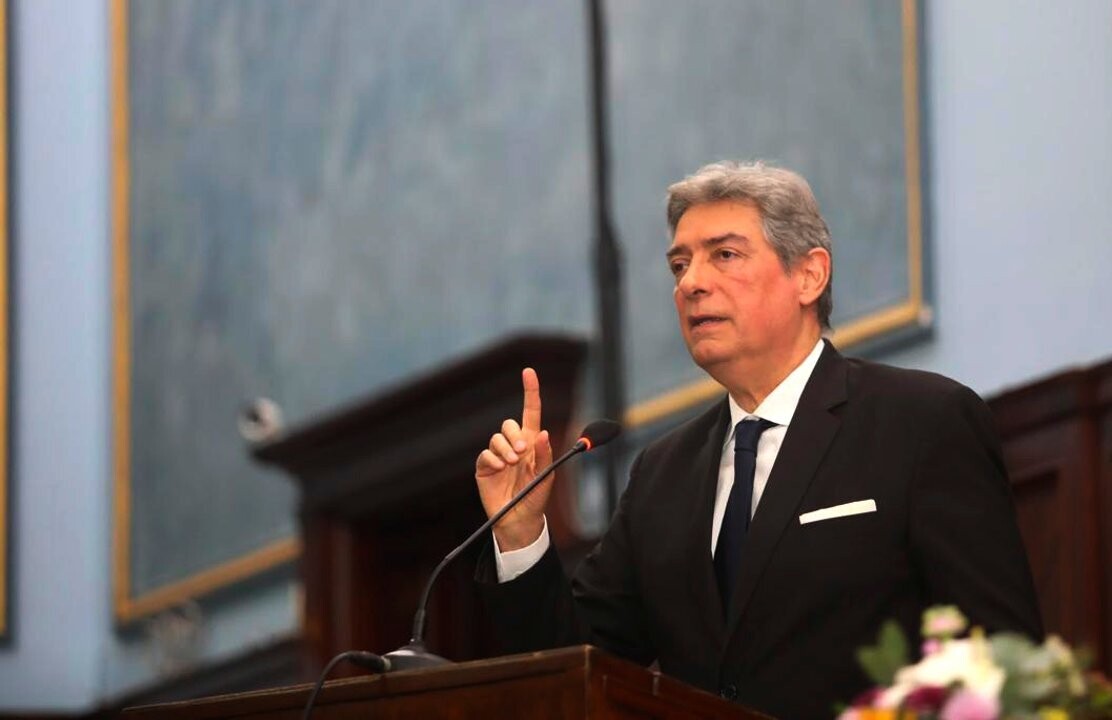
The court determined in its ruling that there was an illegal payment to the car reducer Carlos Telleldín, the only one detained at that time, in exchange for a statement in which he involved Buenos Aires police in the attack that occurred on July 18, 1994, against the AMIA, leaving a toll of 85 dead. Rosatti, president of the Supreme Court of Justice, described the verdict as 'very brave' and assured that the Government would deepen the investigations so that those responsible for the cover-up would be punished.
The trial for the irregularities, which took place between 2015 and 2019, culminated in the conviction of several key figures in the case, such as the first judge of the case Juan José Galeano, former head of the SIDE Hugo Anzorreguy, former prosecutors Eamon Mullen and José Barbaccia, and Telleldín himself, among others. After this resolution, Rosatti decided to excuse himself from intervening in the case investigating the irregularities and crimes committed during the investigation of the attack.
The magistrate communicated his separation from the file for 'reasons of decorum and delicacy,' especially after the case reached the highest court days earlier. Rosatti, who was Minister of Justice and Human Rights from July 2004 to July 2005, signed a decree in 2005 in which the Argentine State assumed its responsibility for the lack of clarification of the attack.
Argentine justice has charged several Iranian officials and a Lebanese citizen as presumed authors; however, none have presented themselves to the local authorities nor accepted to be questioned. In 2023, the Federal Chamber of Criminal Cassation confirmed the majority of the convictions in the case, although it modified some sentences and ratified Telleldín's acquittal in the second trial.
According to the investigation of the attack based on intelligence reports from Argentina, the United States, and Israel, it is argued that the Iranian government ordered the attack, carried out by Hezbollah. As part of an agreement with the Inter-American Commission on Human Rights, the Government committed to promoting the investigation, including the creation of the AMIA Unit in the Ministry of Justice and strengthening the Special Fiscal Unit AMIA, then headed by prosecutor Alberto Nisman.
In 2006, the attack was declared a crime against humanity by federal judge Rodolfo Canicoba Corral, later confirmed in higher instances. The case for the irregularities in the investigation began in 2003 after the Oral Federal Court 3 acquitted all the accused in the first trial for the attack, denouncing multiple crimes committed during the instruction. Interpol maintains red alerts for the capture of several of them.











